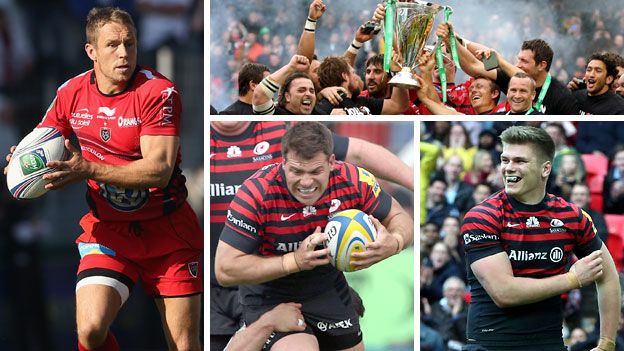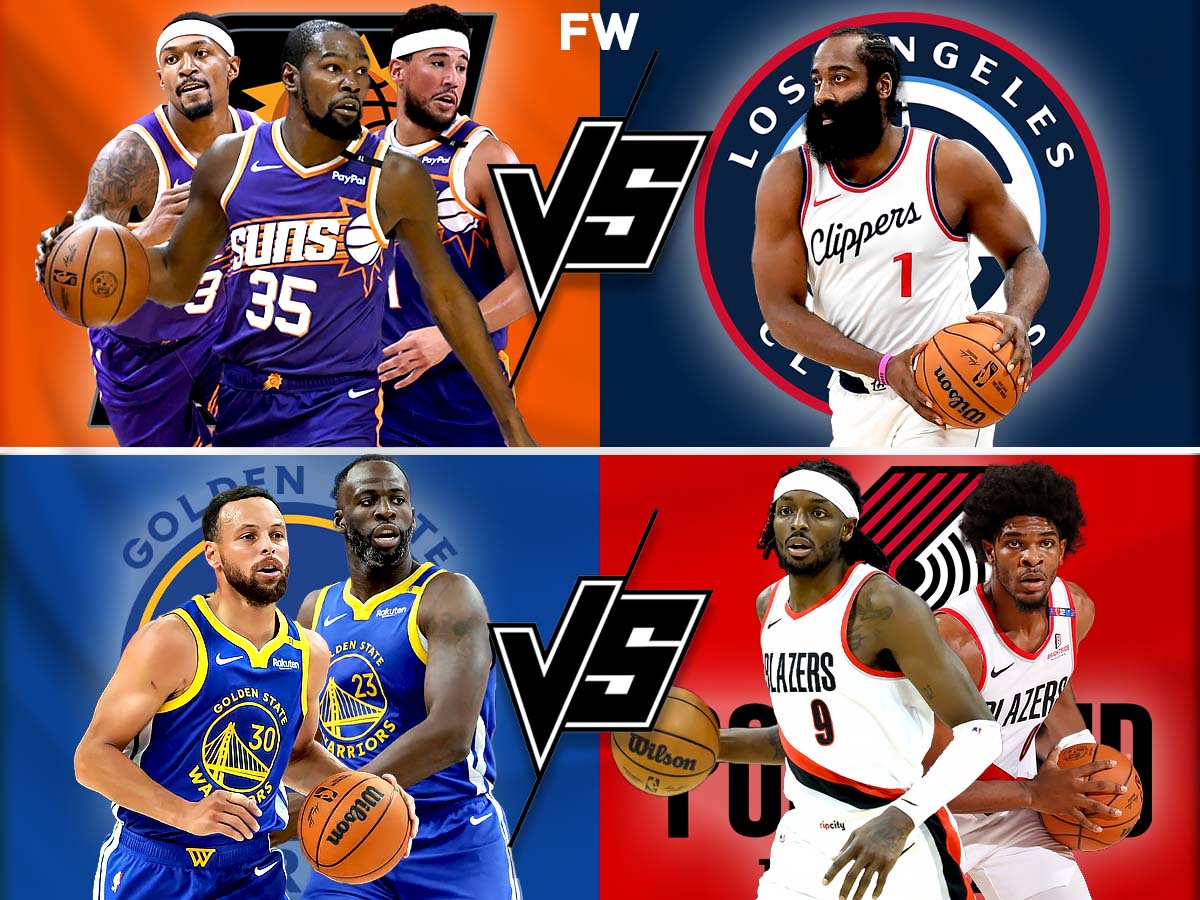We’re behind in, and he’s got going on to Gridiron… playing American football?! While this was a controversial decision that came with its set of challenges, the young footballer ended up not making it into the Kansas City Chiefs 53-man roster for the upcoming NFL season (2024).
The Switch from Rugby to NFL
Rees-Zammit, 20, is a proven strike winger at club level with Gloucester in the English Premiership and has scored an impressive 14 tries in just 32 outings for Wales. Peoples was a pivotal part of Wales successful 2021 Six Nations Championship, and he also earned himself selection for the British and Irish Lions on their tour to South Africa in 2021.
He attempted to switch sports in January 2024, when he took part in the NFL’s International Player Pathway (IPP) program. It is a 10-week training camp for international athletes to transition into football. The winger’s exceptional displays have seen him land a deal with Super Bowl champions the Kansas City Chiefs.
Training and pre-season woes
Rees-Zammit started off promisingly but faced a huge learning curve in his new sport. He signed with the Chiefs after finishing up his senior year and took part in all three of Kansas City’s pre-season games, even seeing time at running back and kickoff specialist as the team tried to figure out where he best fit on their roster.
Yet, it was always going to be a tall order for him to crack the Chiefs 53-man roster. 9 that Rees-Zammit sported briefly in pre-season play.
What’s Next for Rees-Zammit?
Rees-Zammit, 18, did not get named on the active roster with the Chiefs, but his NFL dream is far from over. He will now be exposed to waivers, with the rest of the league able to claim him. If he goes unclaimed, the expectation is that Cobb will land back with Kansas City as a member of its practice squad. NFL teams are permitted to promote up to two players from their practice squad onto the active roster on a game-by-game basis, so Rees-Zammit would have an opportunity during the regular season if he was signed by Kansas City.

By remaining with the Chiefs’ practice squad, Rees-Zammit gets a chance to continue acclimatising to American football and sharpen his skills. As an athlete, Chiefs were interested in bringing along to the NFL, showing amazing versatility. His long-term commitment means the Chiefs will hope he develops as a top winger in union, given that Rees-Zammit starred for Wales within 12 months of joining Gloucester after being spotted playing less than two seasons with his local club St. Joseph’s. It is the story of a man who will keep enduring, fighting, and adjusting.
Others—like the IPP athletes themselves (including Para-archery team members who came through next)—might face a more difficult transition.
Rees-Zammit is not the only one to have encountered such problems; a number of athletes from the NFL International Player Pathway have also been in his shoes. Former Scotland sprinter Praise Olatoke was signed by the LA Chargers in June, but they cut him after their first pre-season game. Former Gaelic footballers Charlie Smyth and Jude McAtamney, meanwhile, found themselves released after it was announced they had not made the final roster cuts for NFL sides the New Orleans Saints or the New York Giants.
Another IPP signing, former rugby player Travis Clayton, also missed the pre-season games with a shoulder injury. The Buffalo Bills have placed him on injured reserve so he can still train with the team when healthy.
The Wider Effect on NFL Recruiting

And the timing of Rees-Zammit’s journey could hardly be better because, all around him, NFL moves designed to change that landscape forever are being made. NFL team owners voted in October to permit private equity firms to buy into teams, marking a break from the long-standing league culture of uniquely well-heeled individuals or families owning franchises. For the league, that could mean billions in new funding; for teams, it could impact how they scout and develop talent—international recruits like Rees-Zammit.
The NFL has always been big on using its American college players to staff itself. Nonetheless, as interest in the sport from outside of their traditional recruiting soul-mass begins to gain unprecedented levels thanks to programs like IPP, effort is being made into encouraging diversification among talent pools. Some such deals would likely encompass more resources for teams to aid in the development of international players, which could help contribute even further towards globalising American football.




